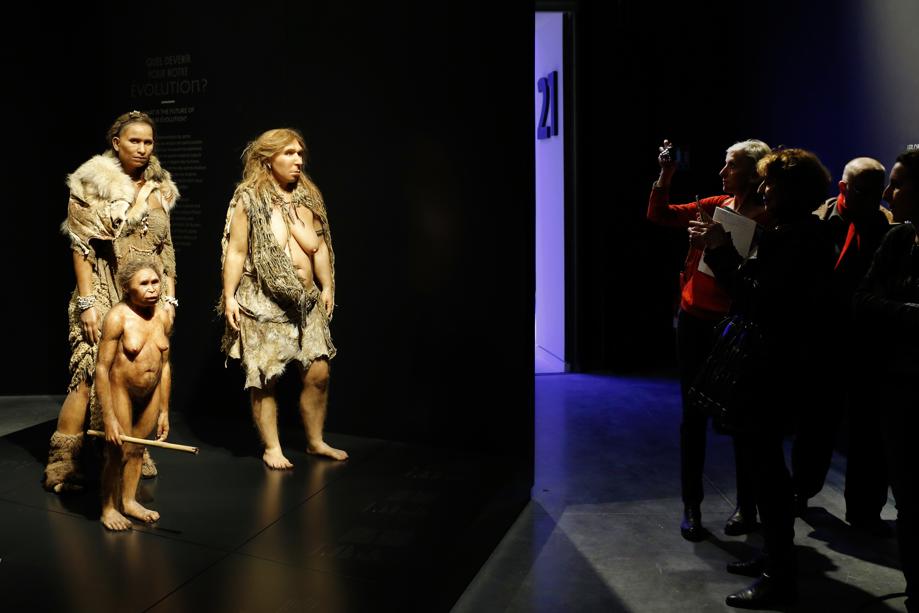
Neanderthals did not go extinct because of climate change and competition with modern humans—they were doomed to be wiped out as a result of the evolutionary phenomenon of “random species drift.”
Researchers at Stanford University built a computer simulation to represent small communities of Neanderthals and Homo sapiens living in Africa and Europe. At random, some of these groups were removed (made extinct) and replaced with a new population of Neanderthals and Homo sapiens. The new population was, again, chosen randomly. Species-wise, it didn’t have to match the community it was replacing.
The simulation was run over a million times under different assumptions as to the migration patterns of the different communities. It almost always resulted in the Neanderthals being replaced by modern humans.
This is despite the fact that, in all ways but one, both species had been created equal. Neither had an inherent advantage over the other. There was, however, one thing that made all the difference: Homo sapiens were backed up by reinforcements migrating from Africa. The Neanderthals were not.
It wasn’t a huge wave of modern humans pouring into Europe, Oren Kolodny, a postdoctoral fellow from the Department of Biology at Stanford University said in the press release. Rather “a tiny, tiny trickle of small bands.” But small migration rates were enough to wipe the Neanderthals.
As the study authors explained, it was not a case of “population swamping”. Instead, it involved the “gradual replacement” of Neanderthal tribes by migrating bands of Homo sapiens who established themselves in Europe.
If survival were a game of chance, “it was rigged by the fact that there’s recurring migration,” Kolodny added. “The game was doomed to end with the Neanderthals losing.”
He did point out, however, that the evidence that such migrations happened as simulated in the study is suggestive, not conclusive. These migrations would not have left much in the way of archeological clues.
Other experts hope the results from this study will take us one step closer to working out what caused the Neanderthal’s to die out.













